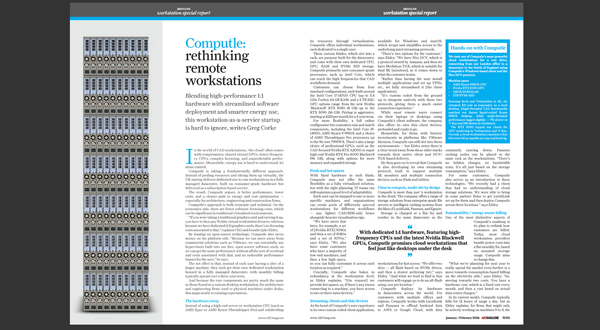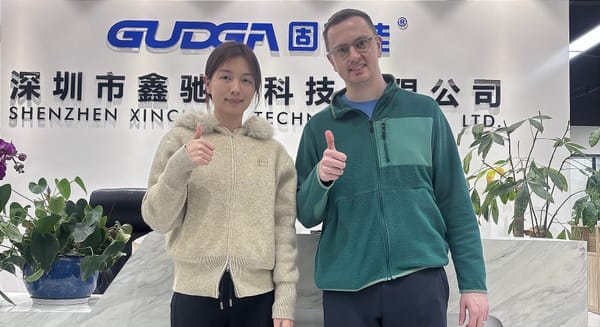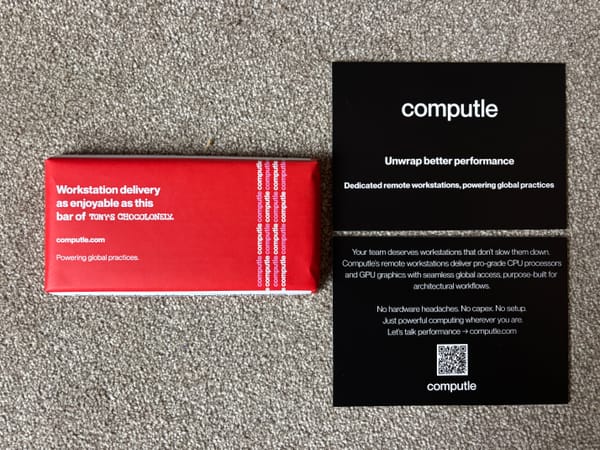Visiting China: Five Things I Learned and How It Enhanced Computle's Supply Chain
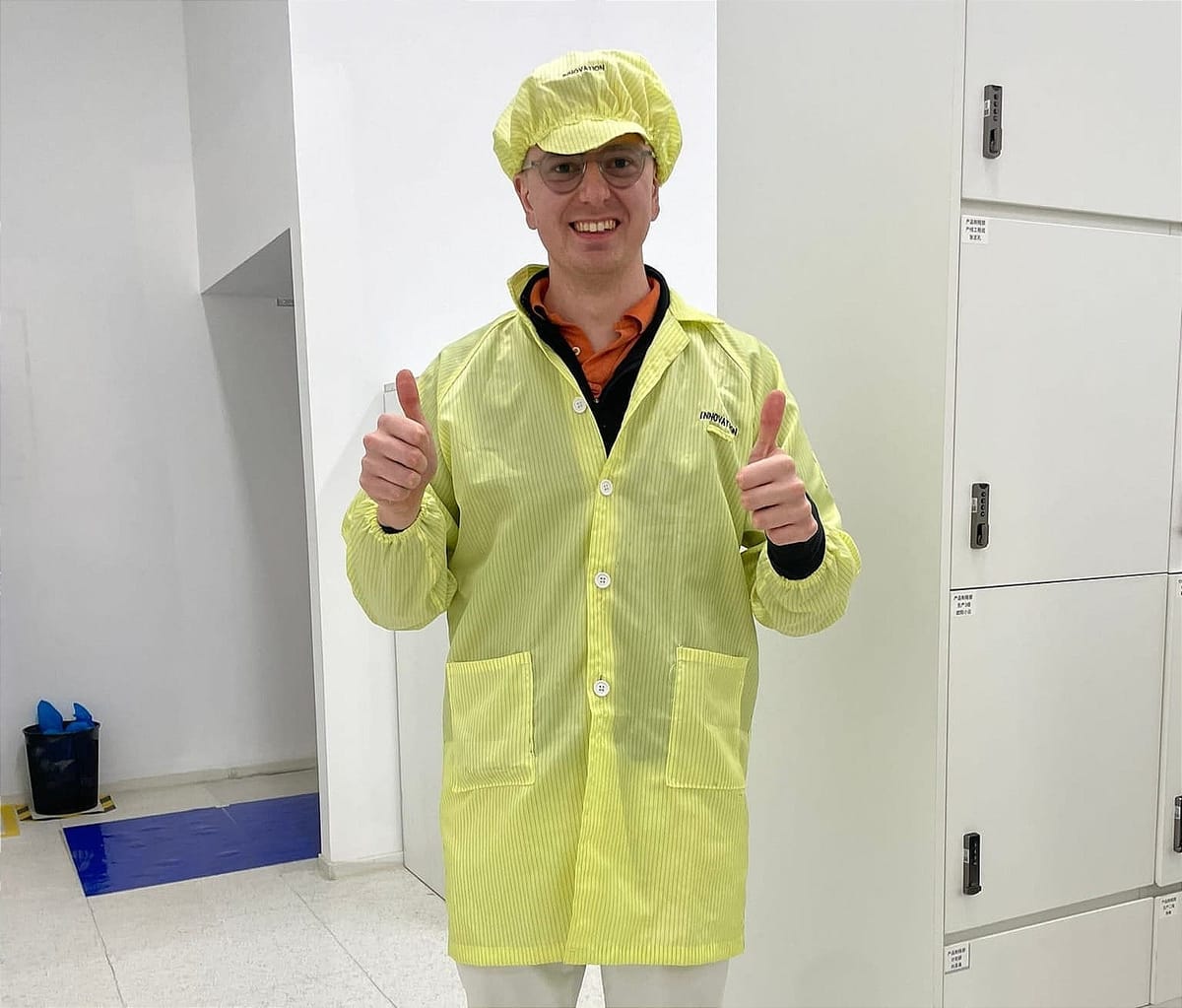
I'm Jake, the founder of Computle, a PC subscription service.
As Computle's founder, my recent visit to China marked a pivotal chapter in our journey. Prior to this, Computle predominantly relied on UK suppliers for component sourcing, valuing the quick turnarounds and flexibility for testing various innovations. However, after three years, it became clear that to truly streamline our supply chain, a direct connection with the component makers was crucial. So, this Christmas, I ventured to China, exploring Shenzhen, Wuhan, Shanghai, and Beijing. This is what I learned.
1) China is Incredibly Welcoming, Albeit With Some Additional Steps

Notwithstanding the requirement to be invited by a Chinese company in order to secure a visa, China, and the Chinese people, are incredibly welcoming. Yes, there is a lot of bureaucracy, there are a lot of rules, and things are very different to the West, but when interacting with the locals, I never once felt unwelcome.
Multiple companies picked me up from my hotel, showed me their entire end-to-end process, and took me for some incredible lunches. They were willing and keen to speak English where possible, and when language became a barrier, there was keenness to find common ground through translation apps.
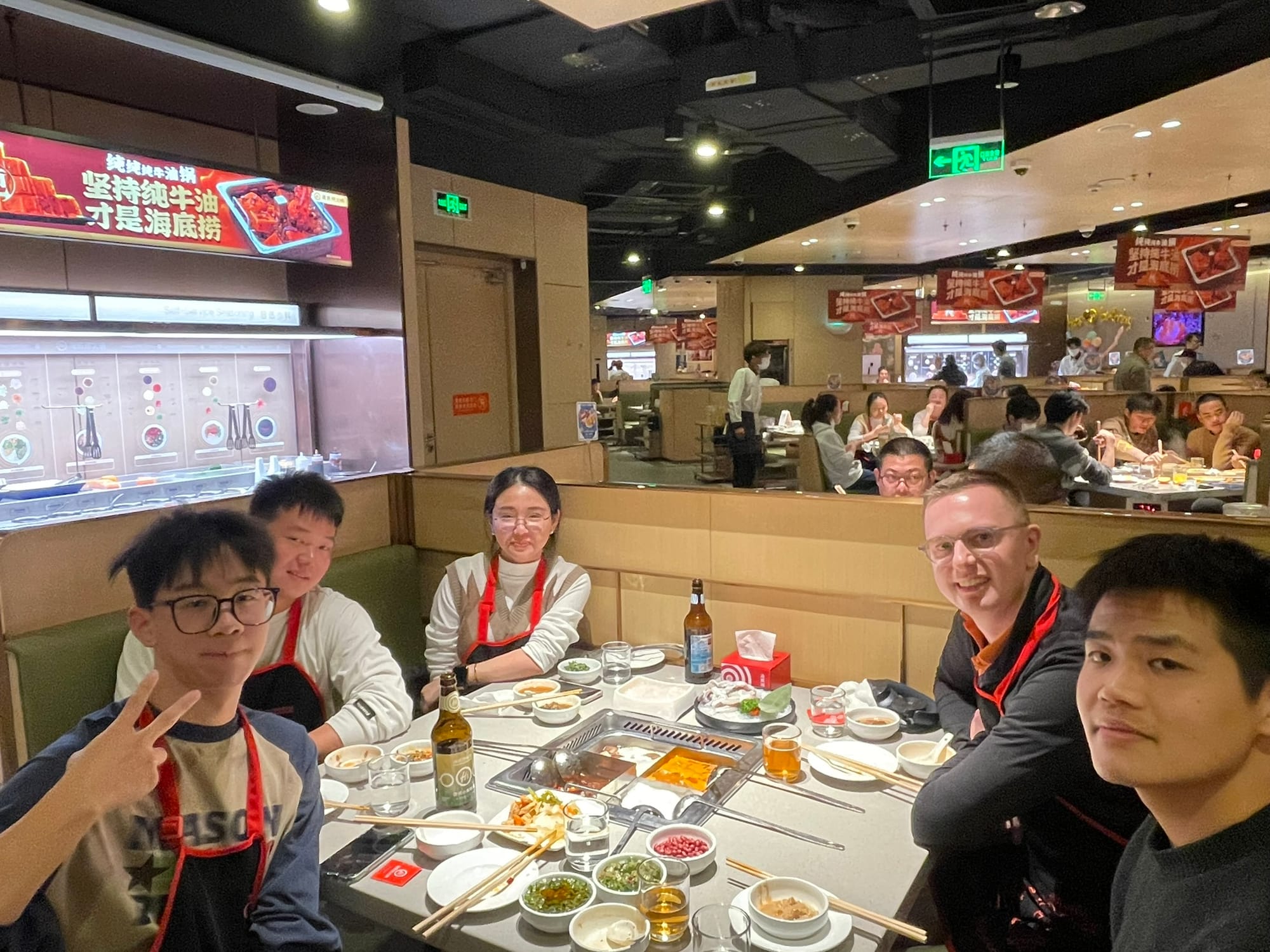
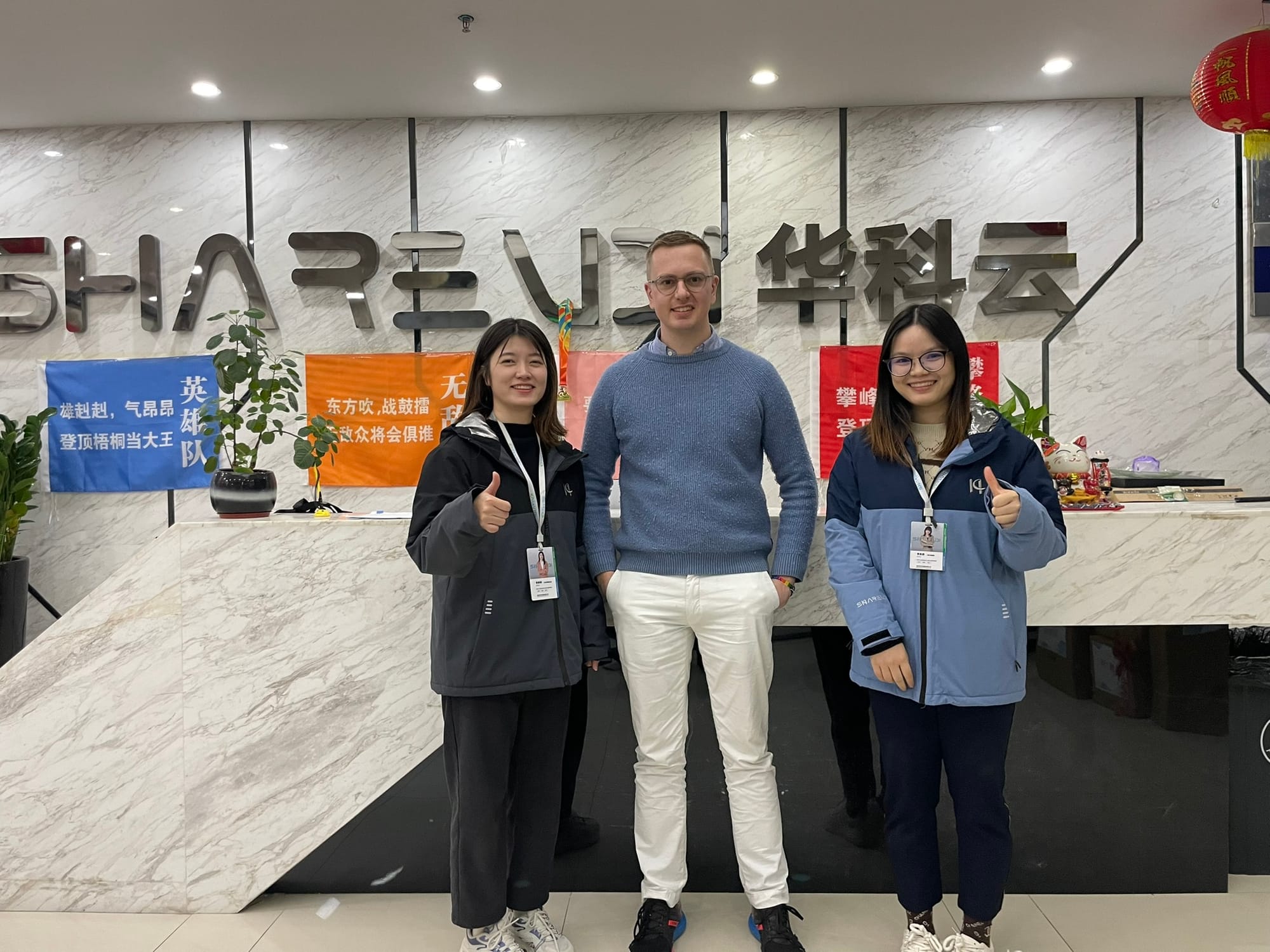
FibreStore, MeLE, and ShareVDI
2) Huaqiangbei Is An Incredible Ecosystem of Economic Activity
Huaqiangbei - a subdistrict of Futian, Shenzhen - is home to the world's largest electronics markets, where 1,000s of trading companies share dense space and co-exist in seeming harmony. When when you arrive, you would be forgiven for being aghast at how chaotic it seems. However, under the apparent chaos is an incredible ecosystem of activity.
From early in the morning to late at night, seven days a week, Huaqiangbei is bustling with traders. In the day light hours, companies barter, trade, and pack goods for shipment. Food vendors cook for them, and delivery drivers navigate the maze of cubicles to deliver the order. A few feet away, a shrink rap vendor heats up packaging for a batch of phones, and to their side, a sticker company produces an array of labels and identifiers. Throughout the day, cleaners navigate the rows of vendors, picking up discarded packaging, and at night, an army of delivery companies pickup packages, haul boxes and fill lorries.
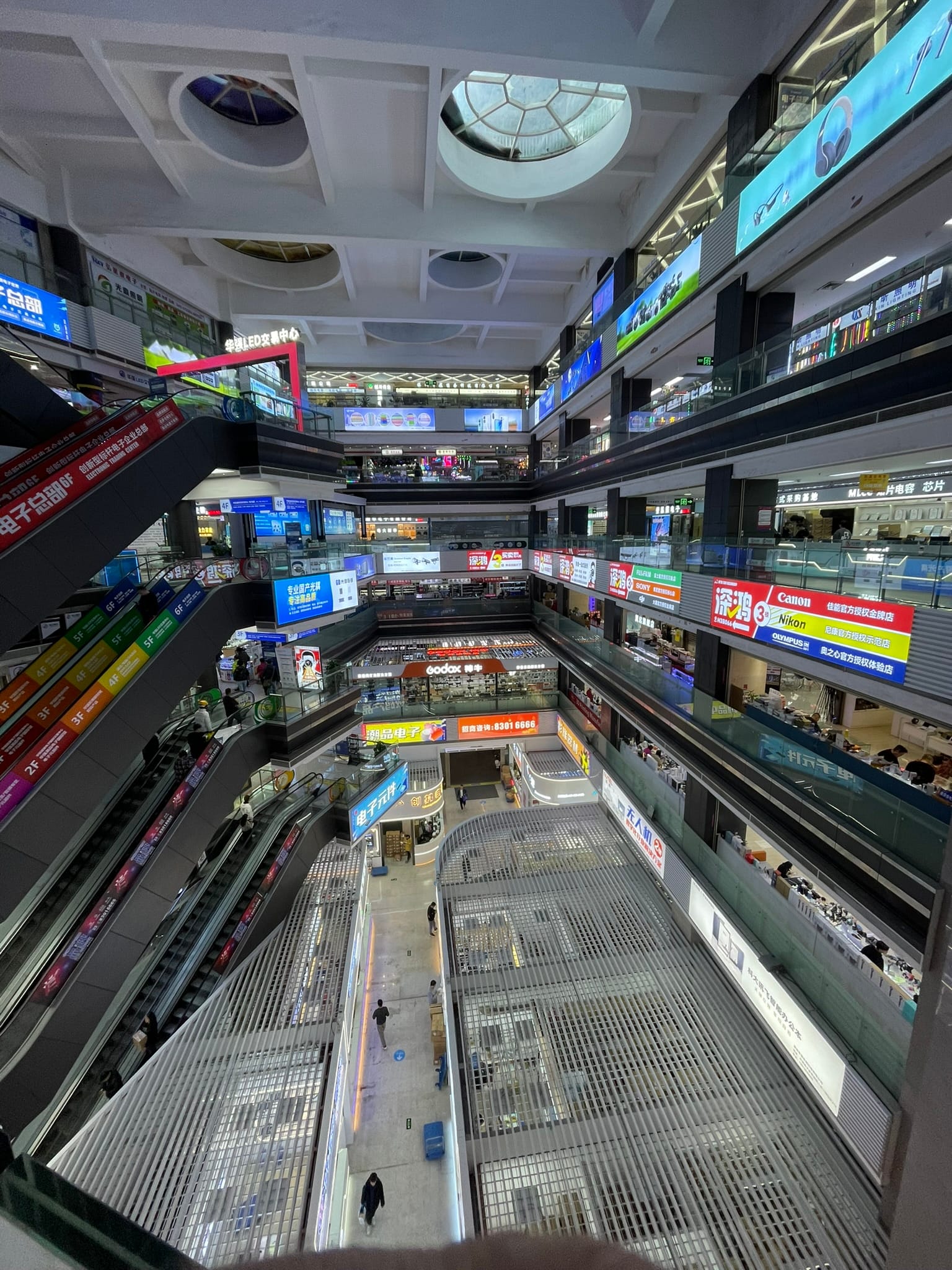
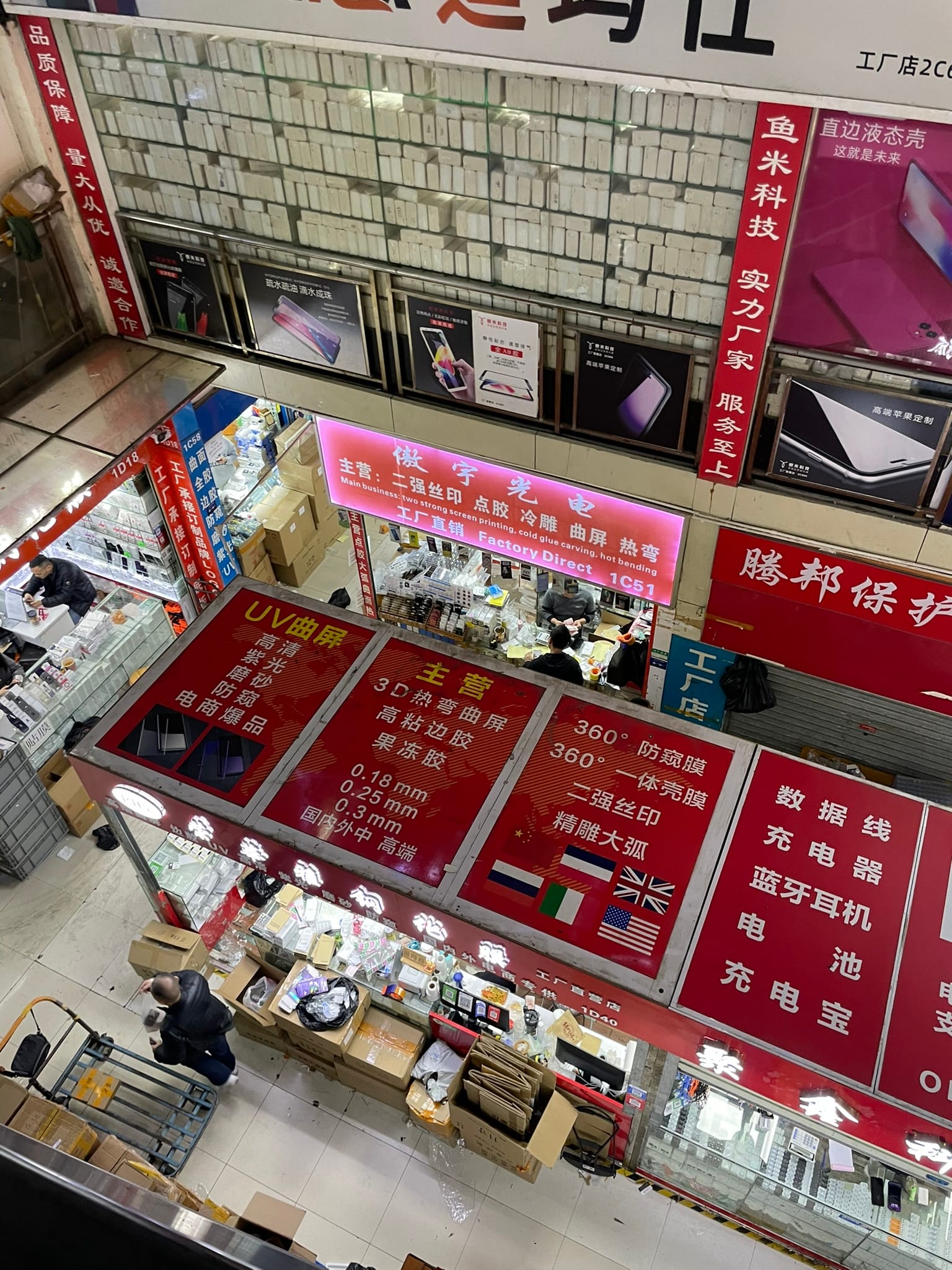
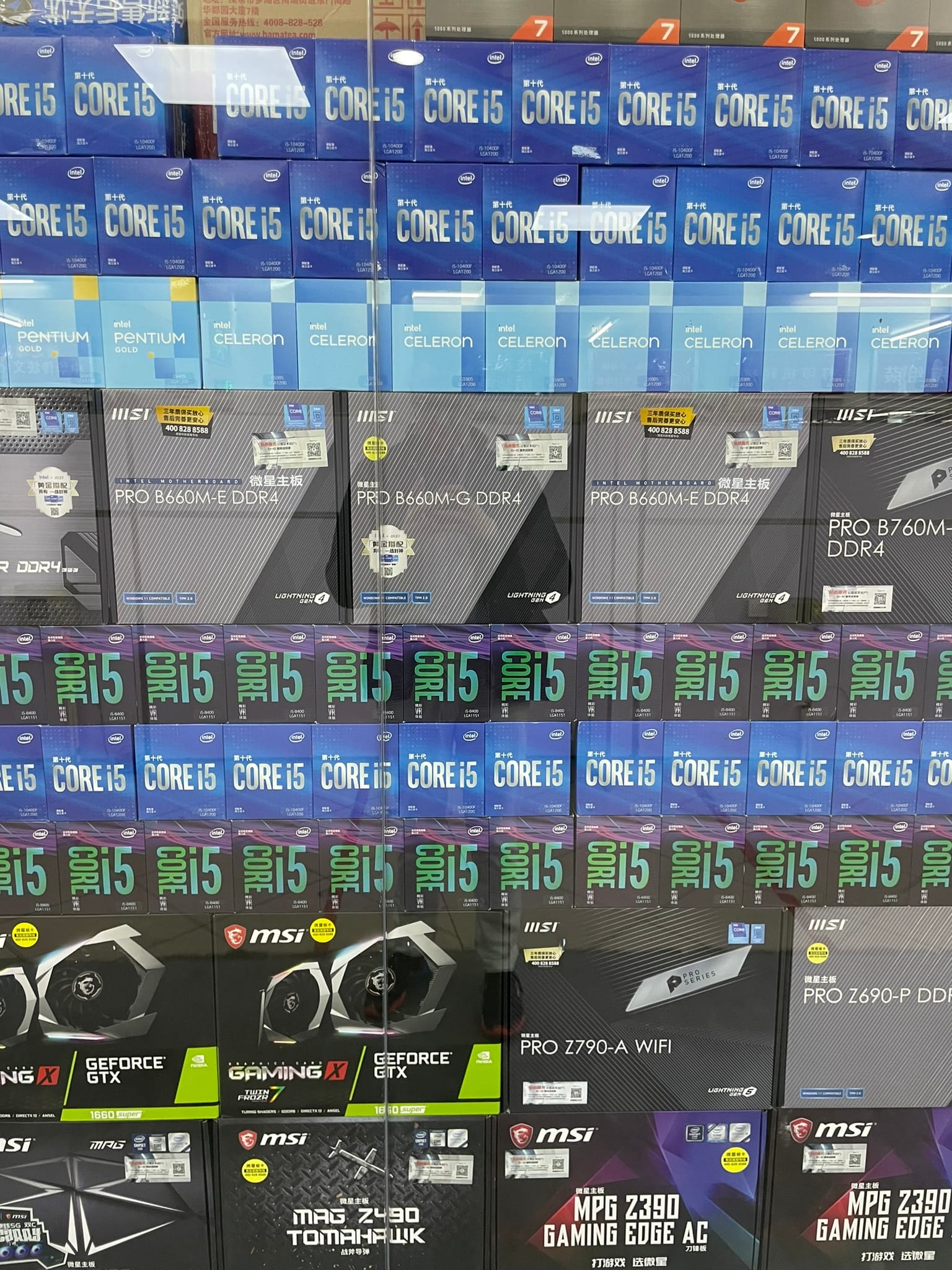
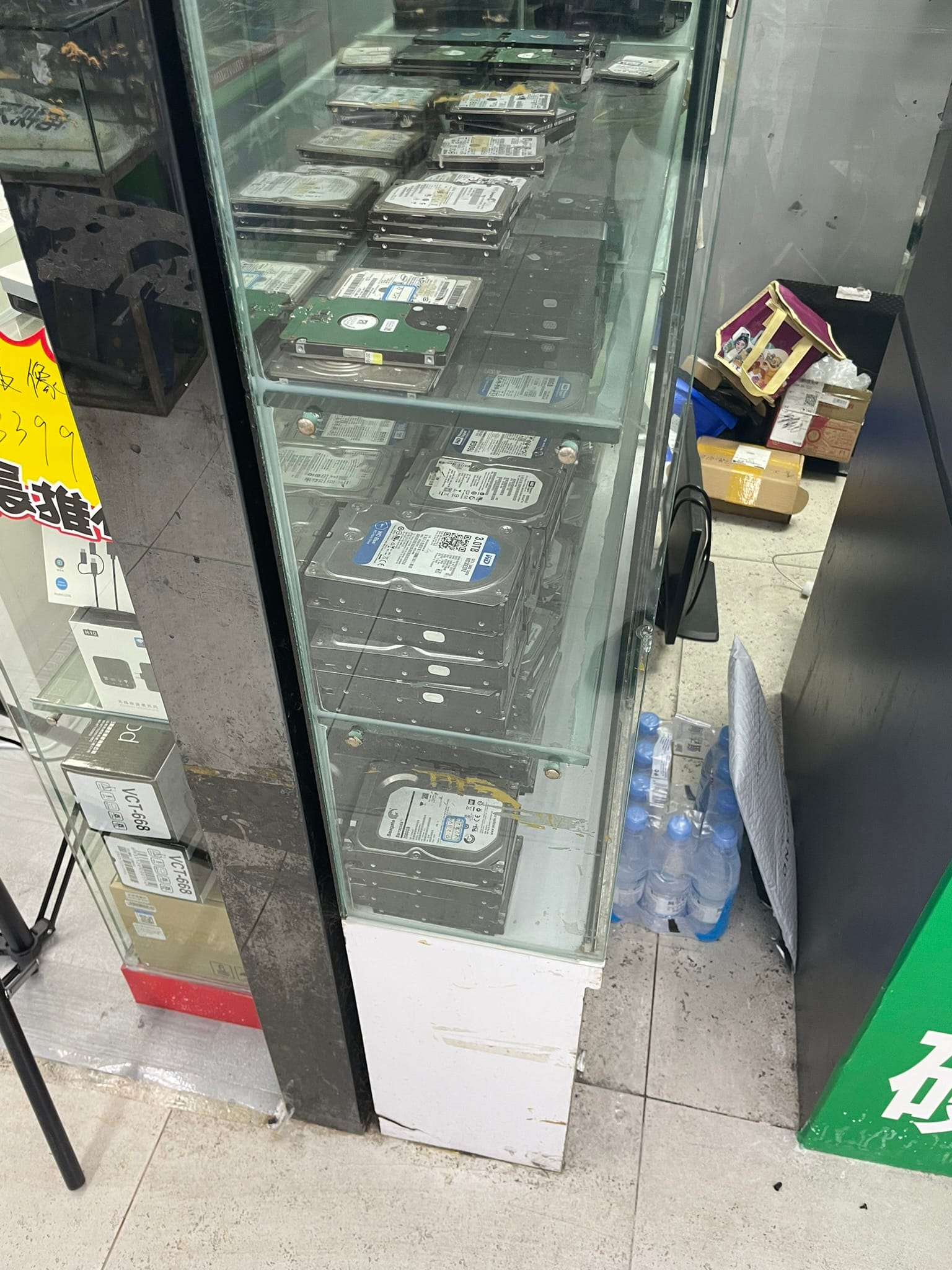
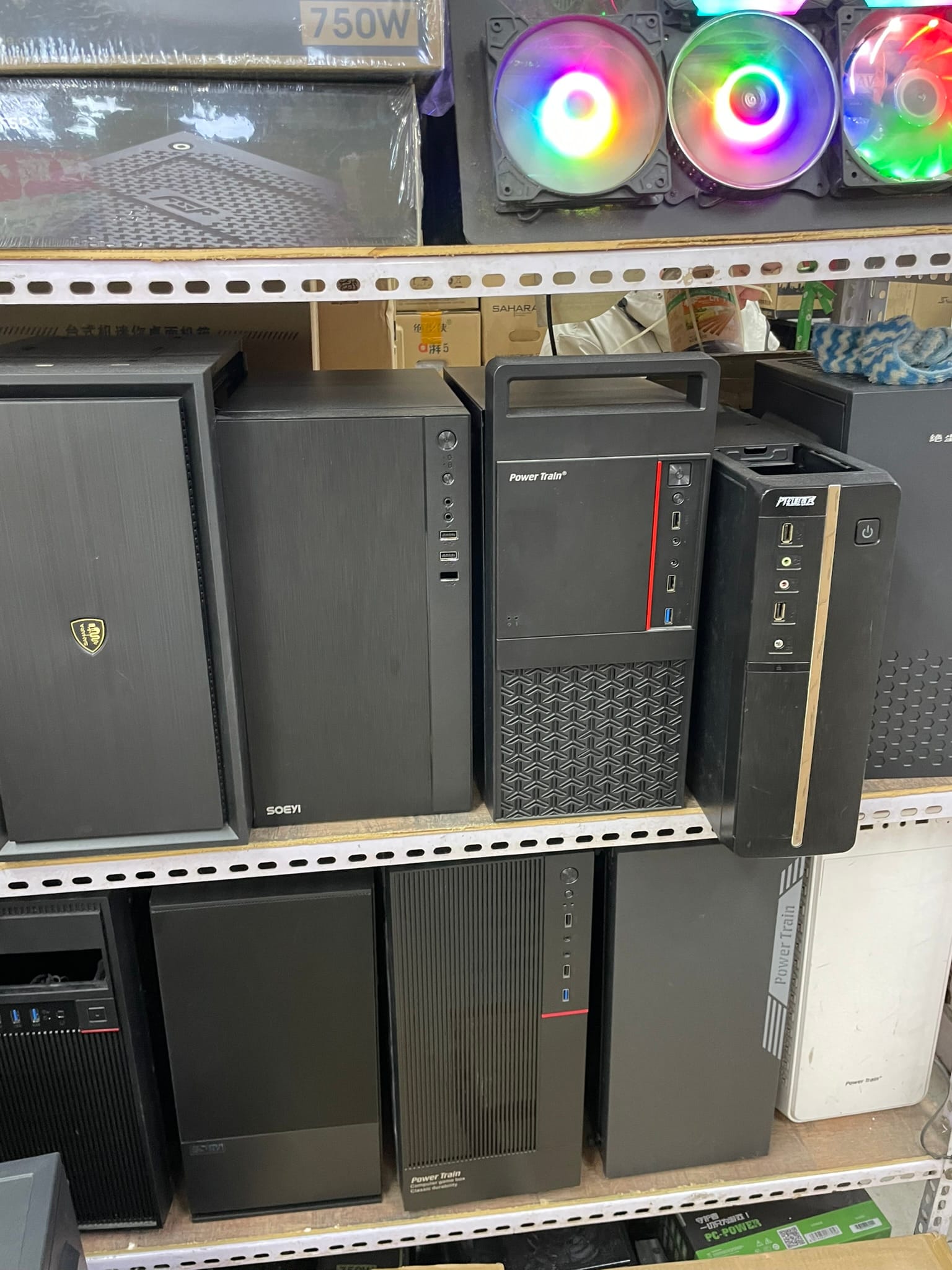
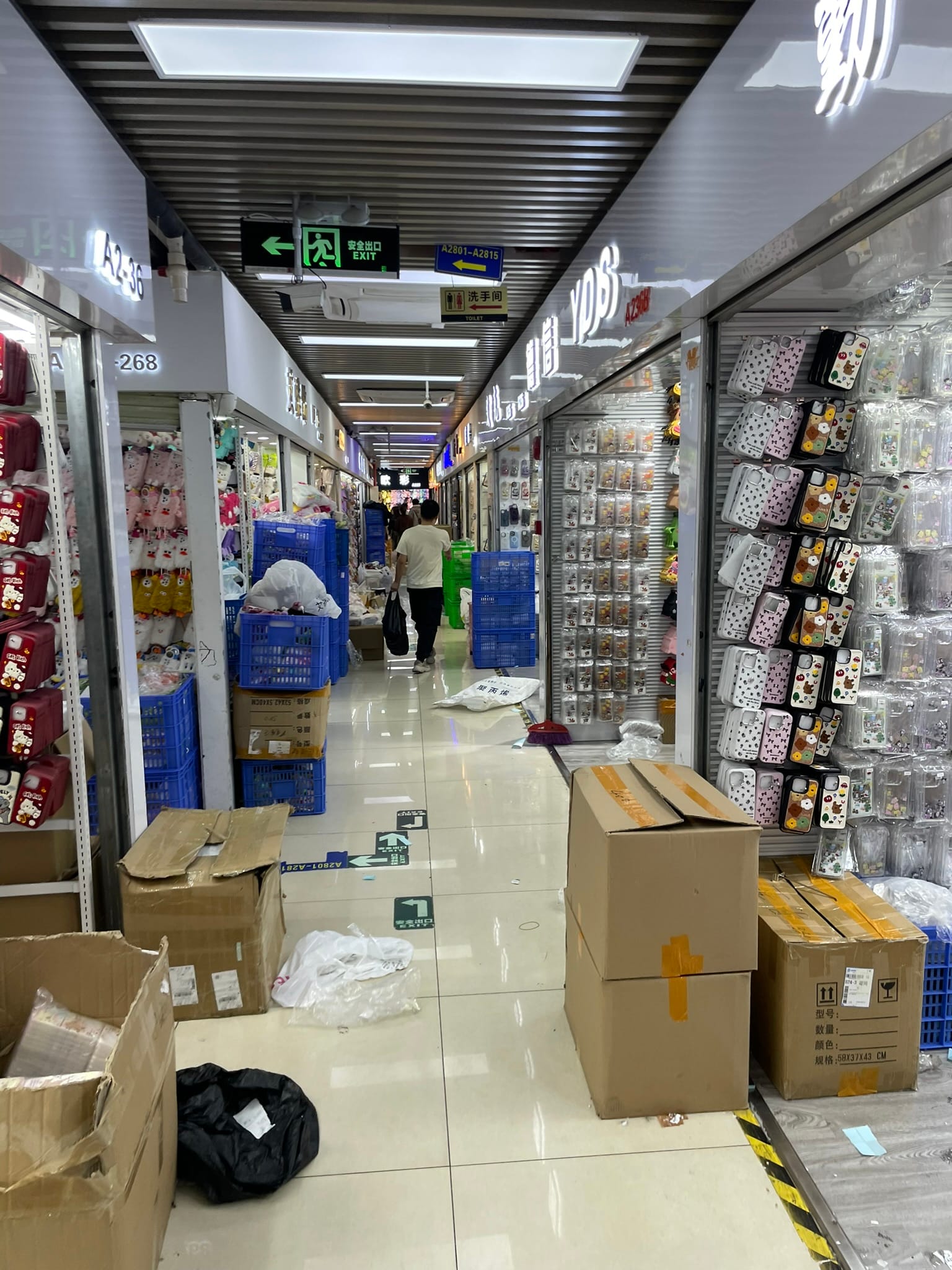
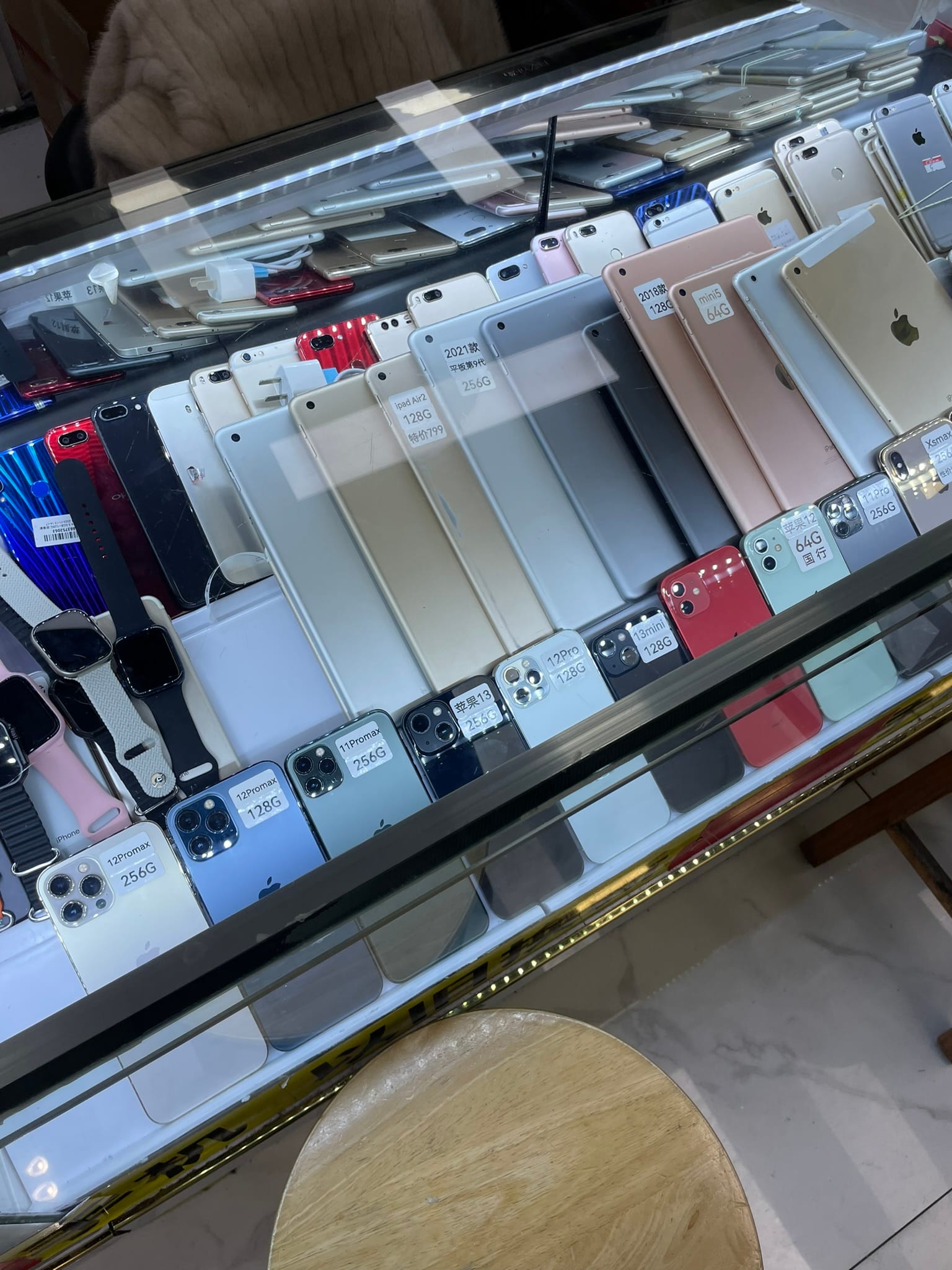
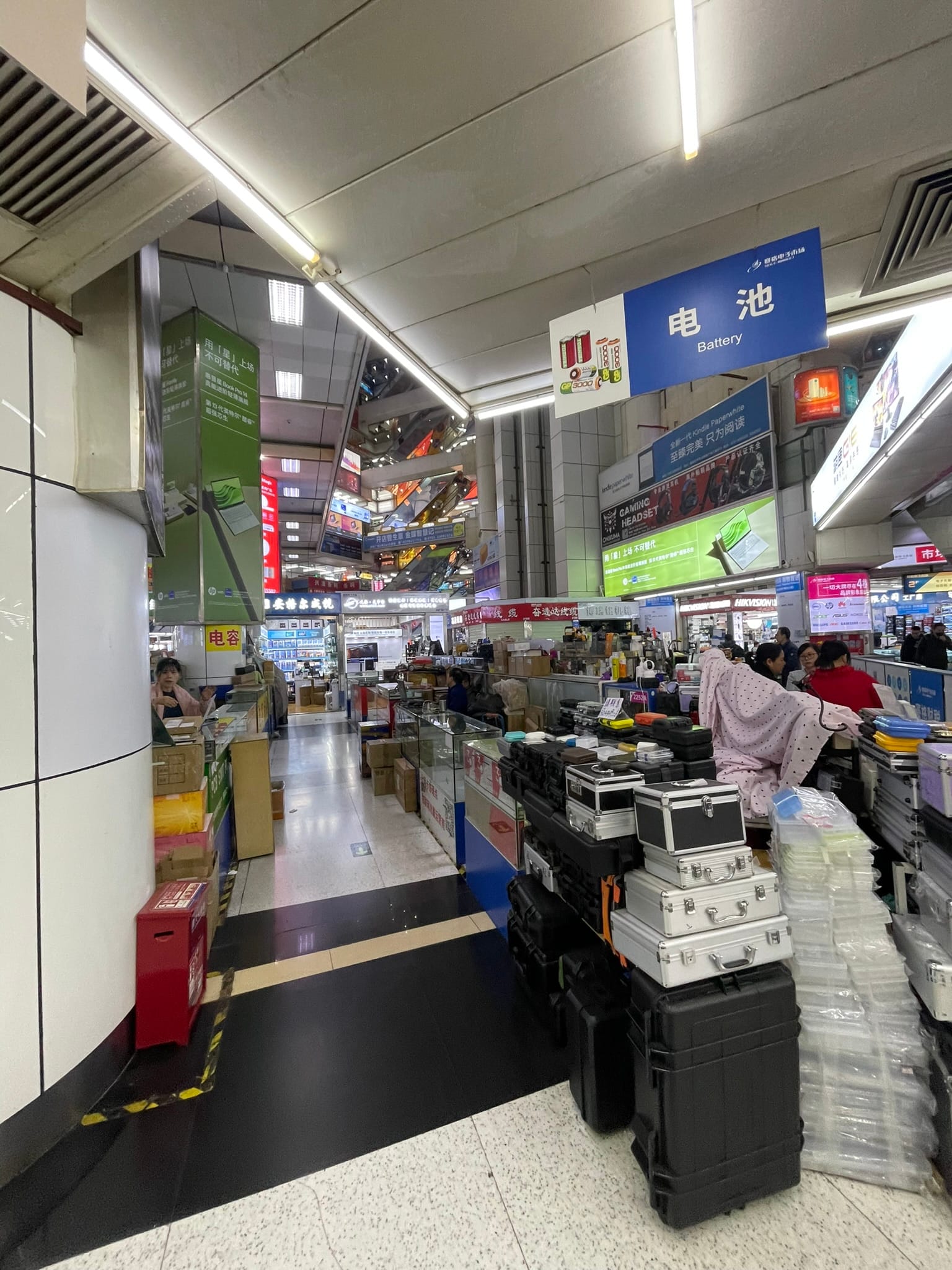
Huaqiangbei Electronics Markets
3) Chinese People Are Transparent and Very Hard Working
One of the first things I was told in Wuhan is that the locals are just "ordinary people" caught up in a global political matter. I would agree. Despite what the West tends to say about China, very few people visit and see first hand for themselves what China has to offer.
When dealing with Western companies, there is a lot of pretence and farce that makes business difficult and slow. In China, it is the opposite. Whether the business operates from a cubicle in a market, a tiny factory, or has a premium office in the new Central Business District, the Chinese simply present it matter-of-fact. There is - possibly due to face culture - no apparent shame or embarrassment from the humble roots or wealthy position that a company is in.
Some of my suppliers met me at the hotel; some took me to their offices; and some took me to their factories, both big, small, and even non-operational. There was, to my surprise, nothing hidden. Factories that were processing no orders, possibly due to a slowdown in exports, presented this so. Ones that were frantically outputting orders in time for the Chinese New Year, presented their energy and busyness. If a factory worked 12 hour days, six days a week, they would just say so.
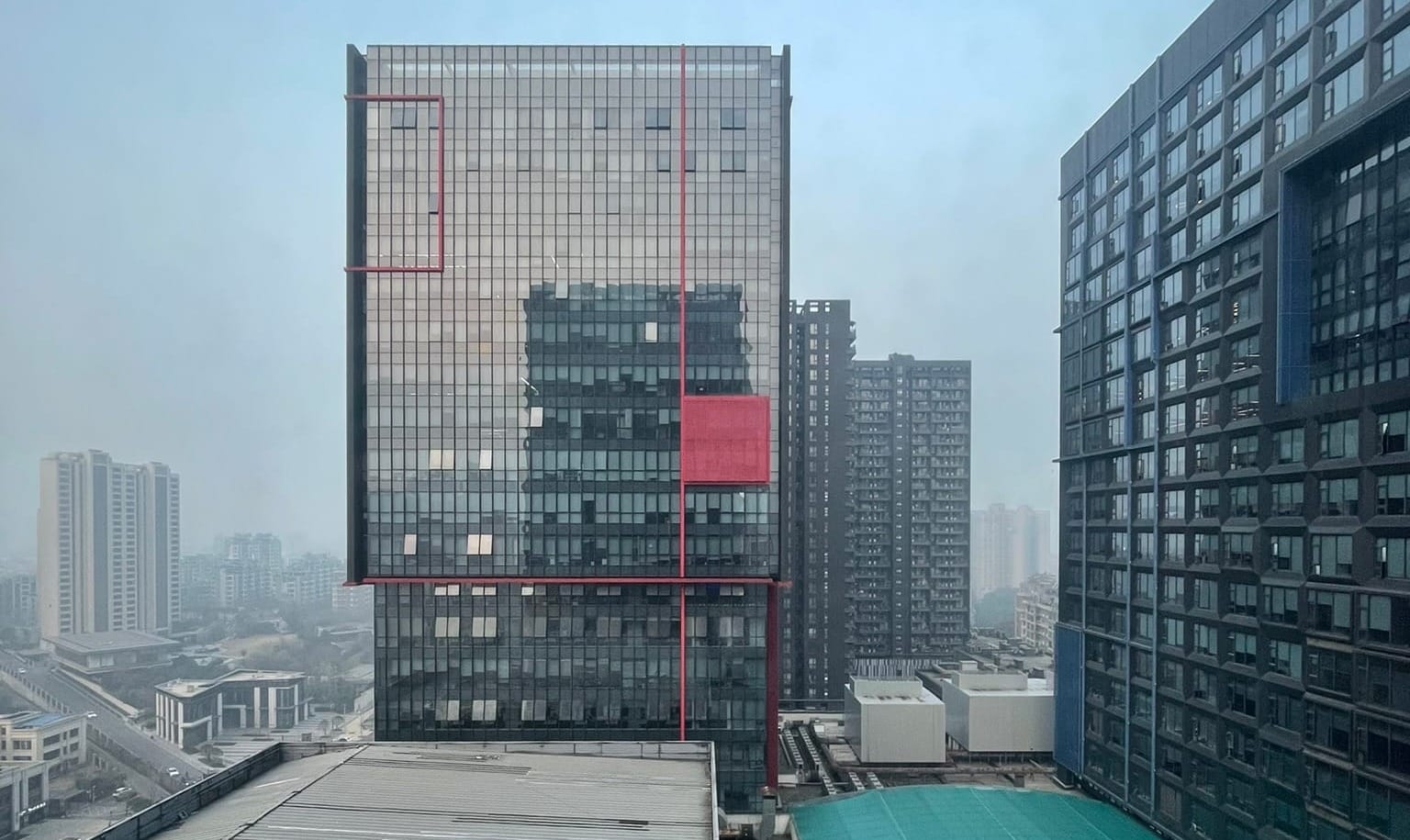
4) Shenzhen Factories Are Incredible, and Cater to the World
I had poorly assumed that Shenzhen would be like London, with each factory accessible only with a short drive. In reality, some factories are several hours' drive apart. But it makes sense when you consider that 90% of the world's electronics come from Shenzhen. Everything imaginable is made here - and everything Computle needs, too.
I met with suppliers for every aspect of Computle's supply chain, including motherboard manufacturers, power supply companies, storage companies, case manufactures, and learned about the incredible ways that they mass-produce products. Some factories have 100s of workers who live on site; some have only a handful of staff. But each one is important in the Computle supply chain.
By visiting China, I was able to lower costs for my customers, identify ways to deliver the service more efficiently, and see first hand the factories that supply our components. Combining these components is what delivers the backend infrastructure for Computle.
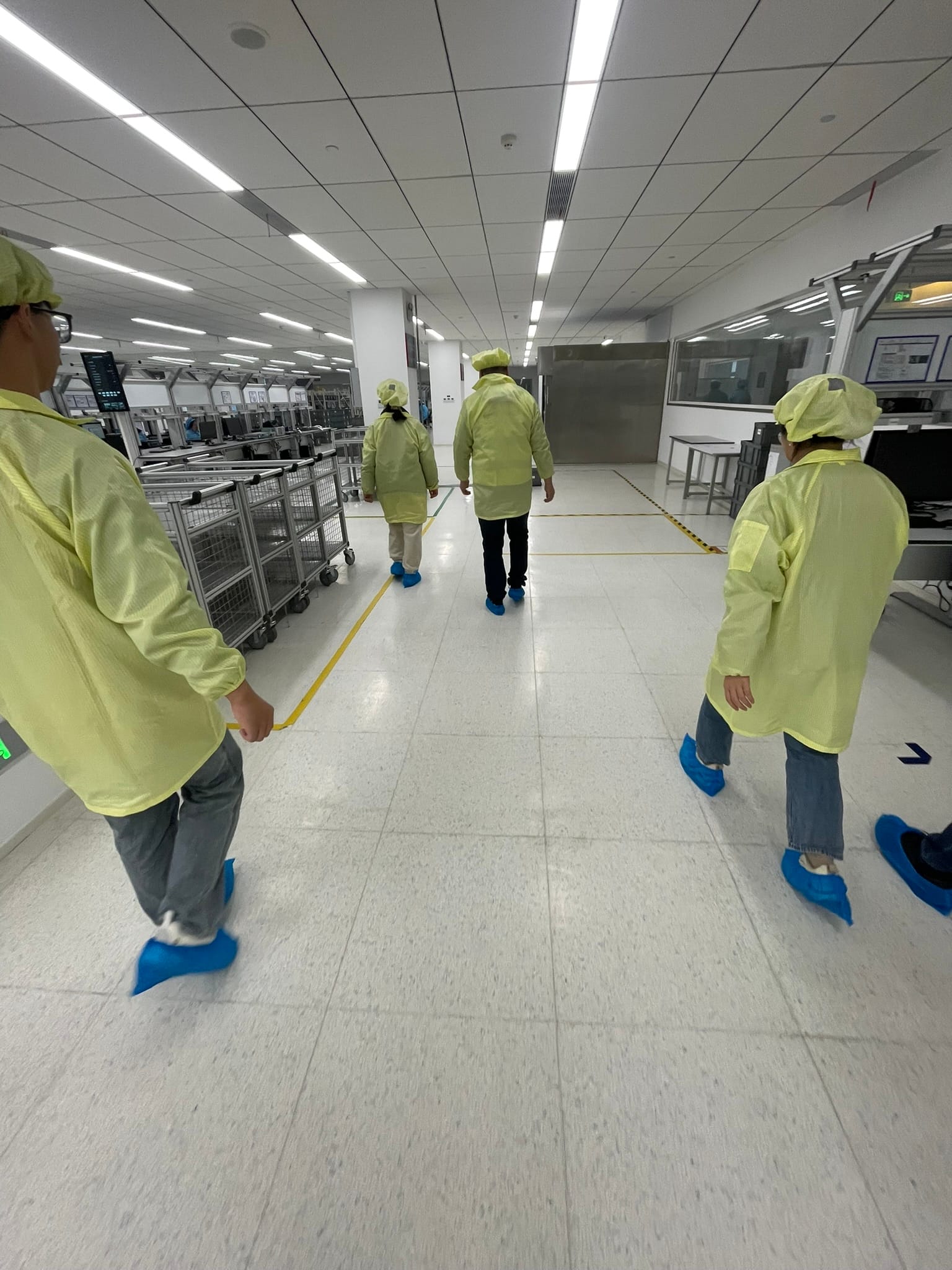
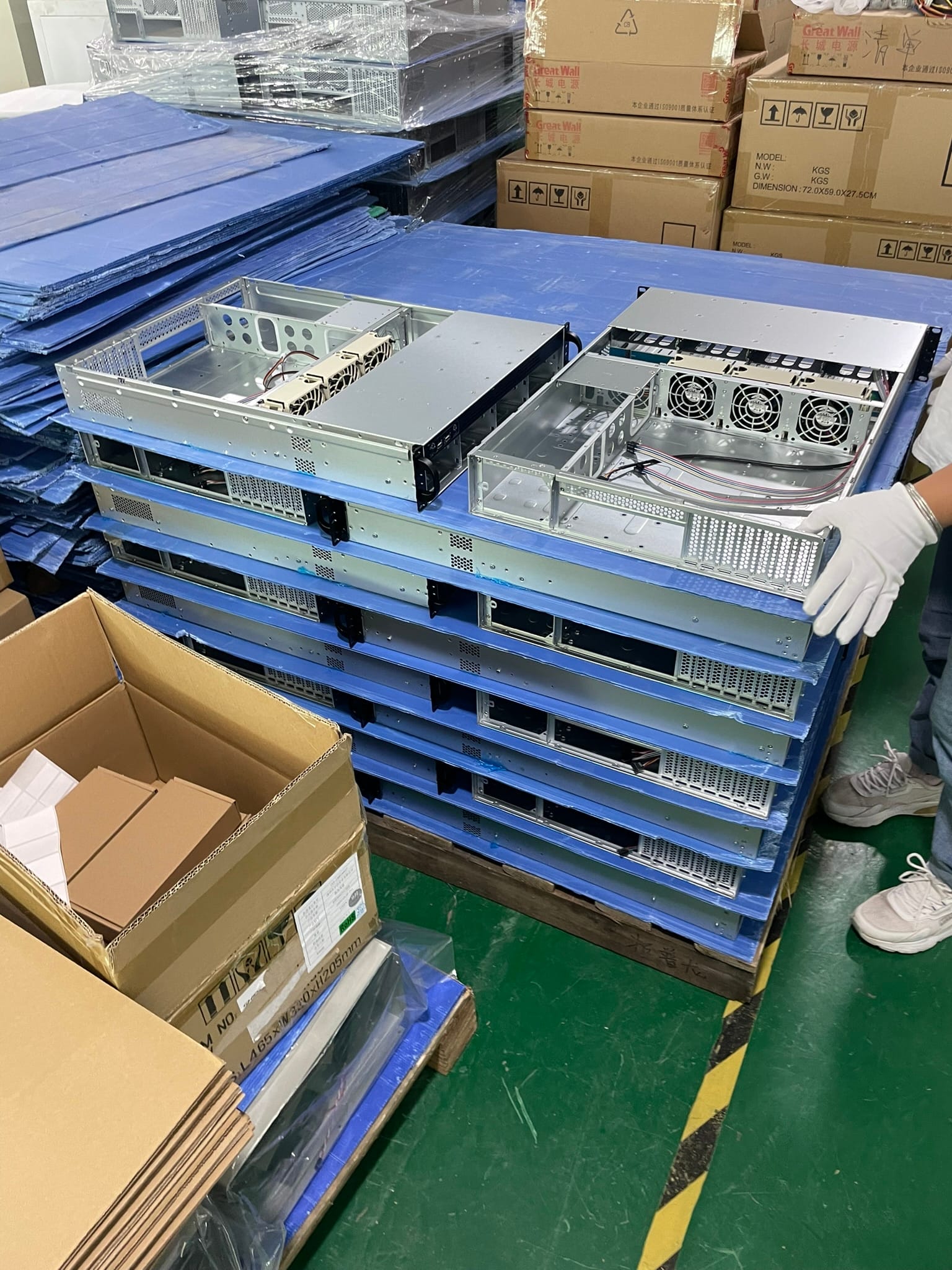
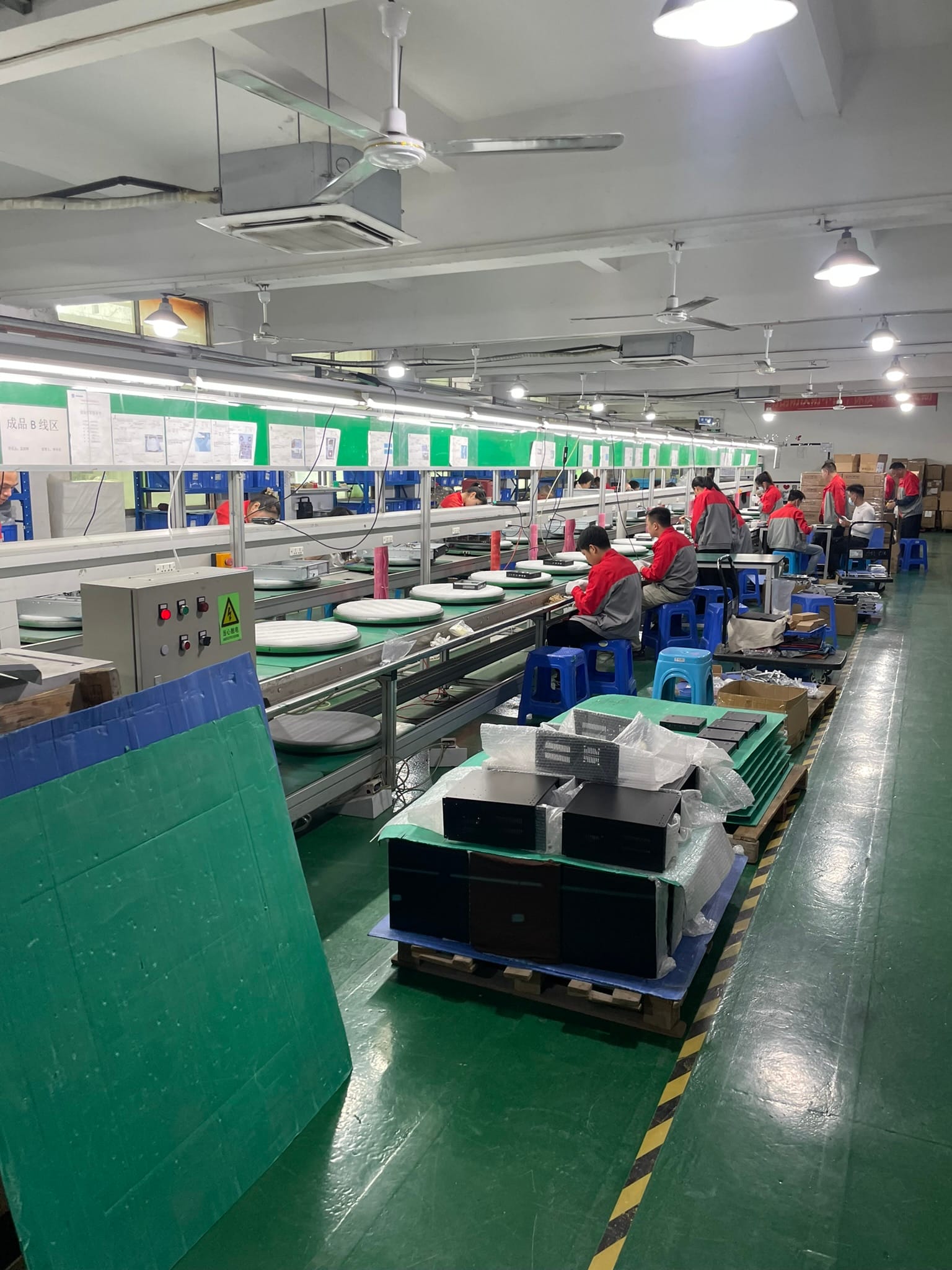
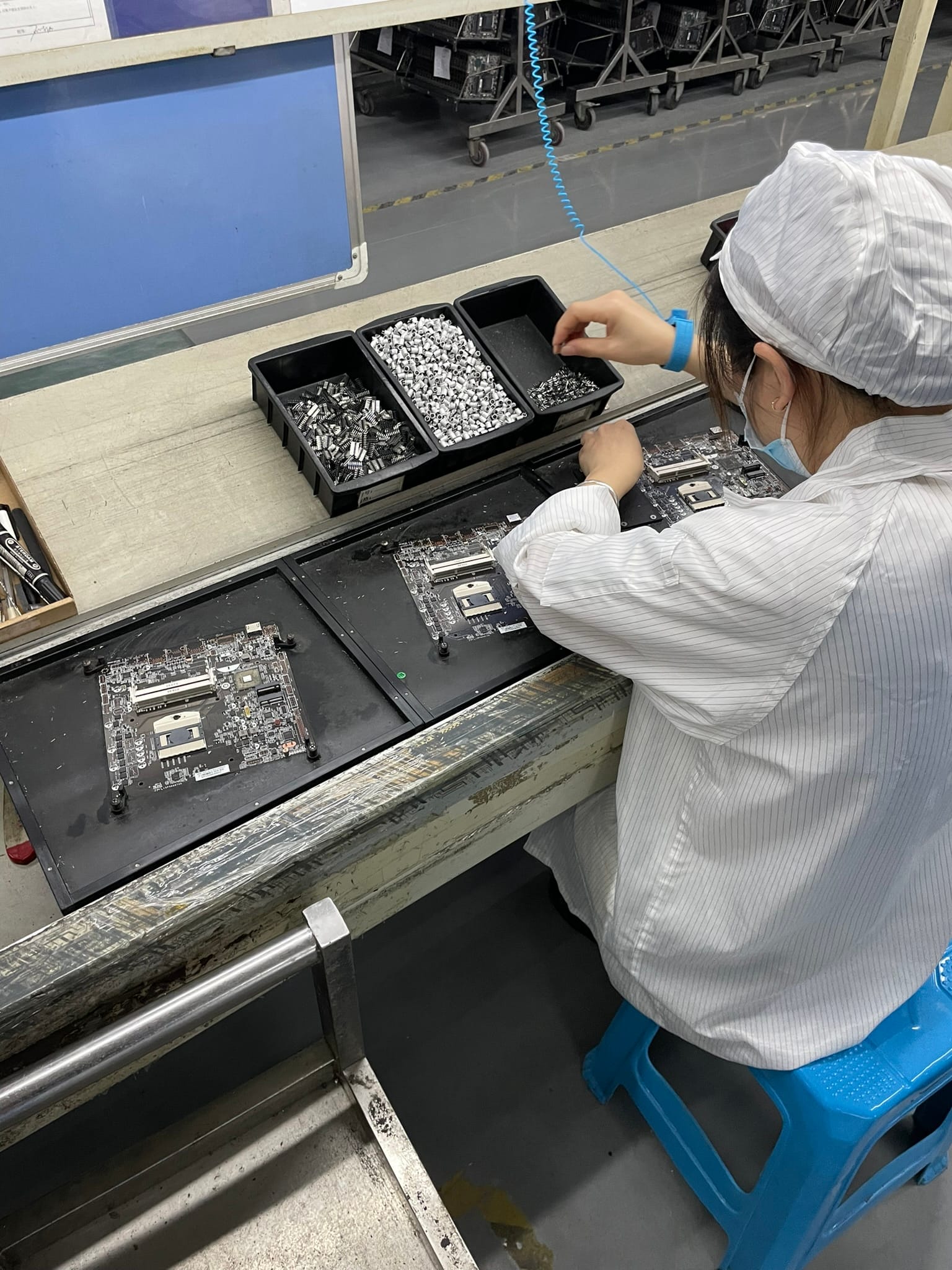
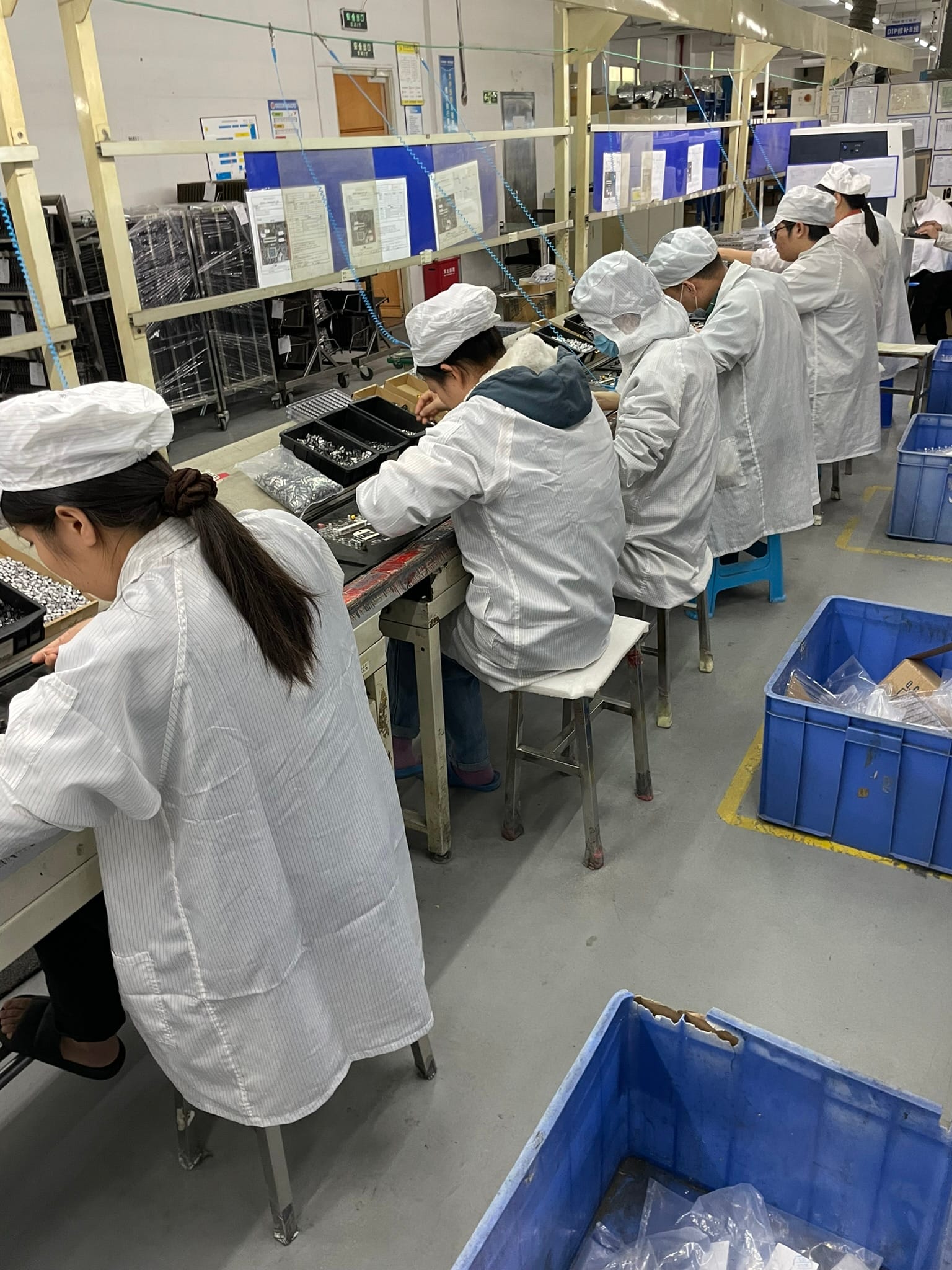
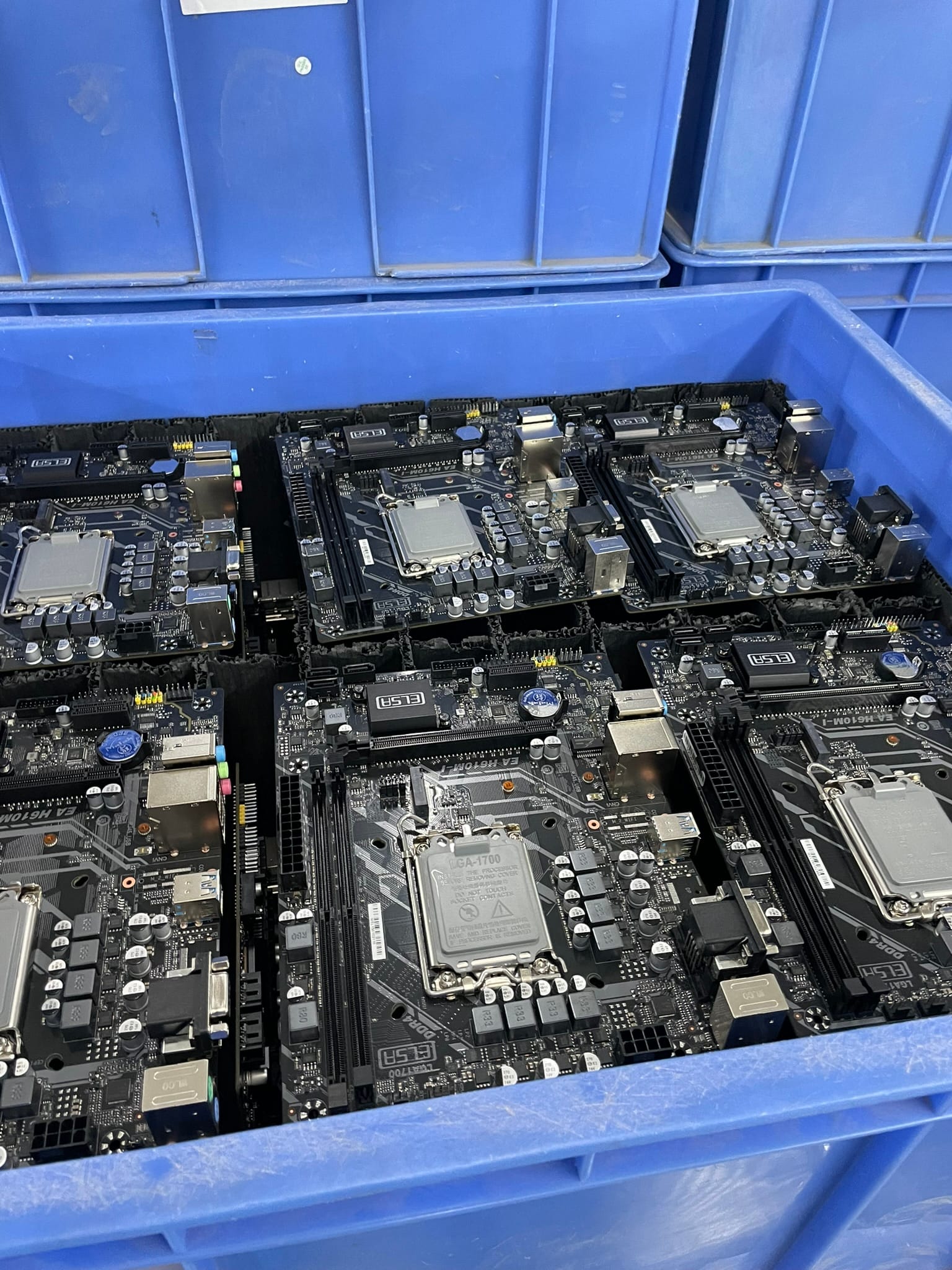
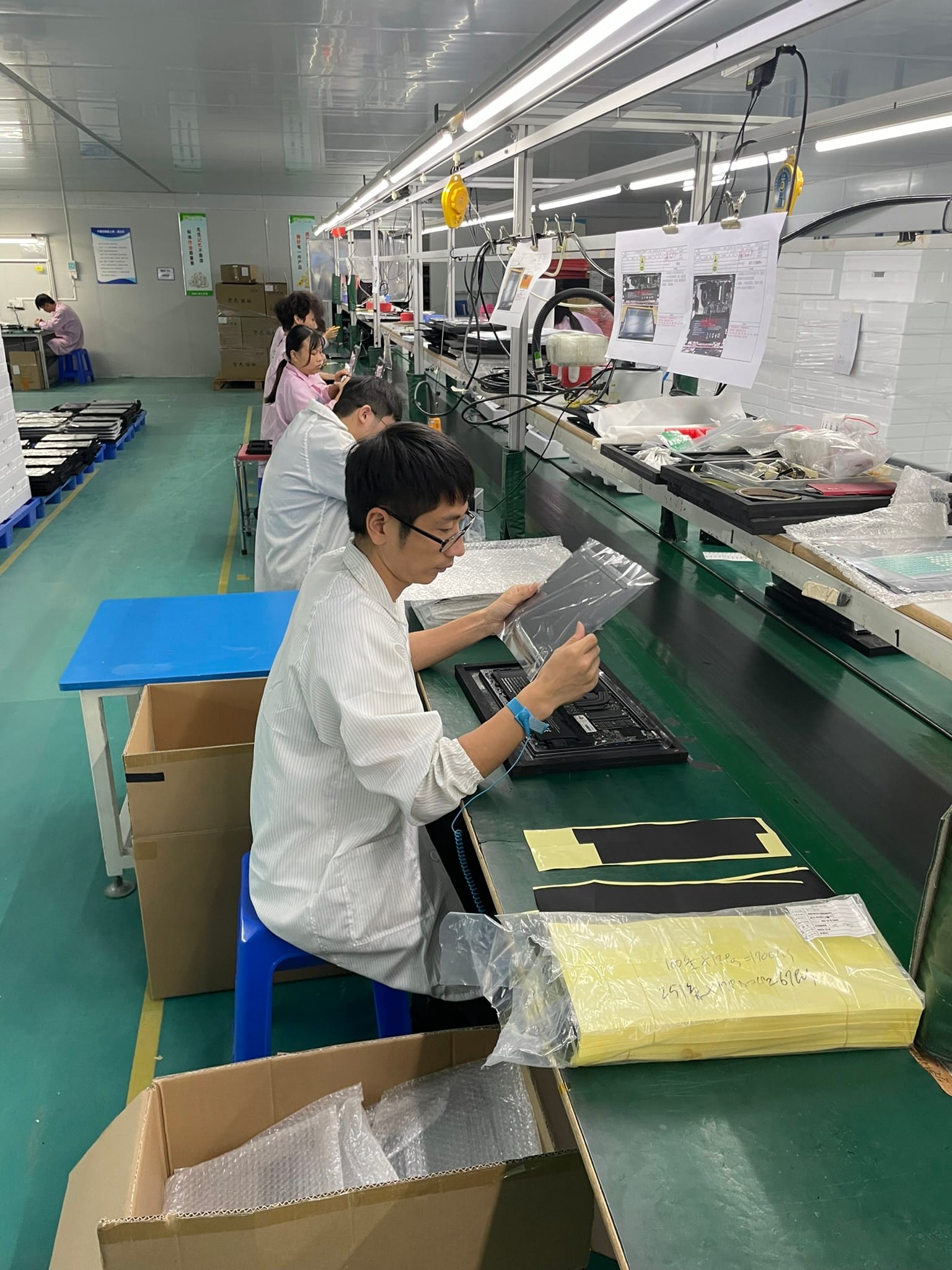
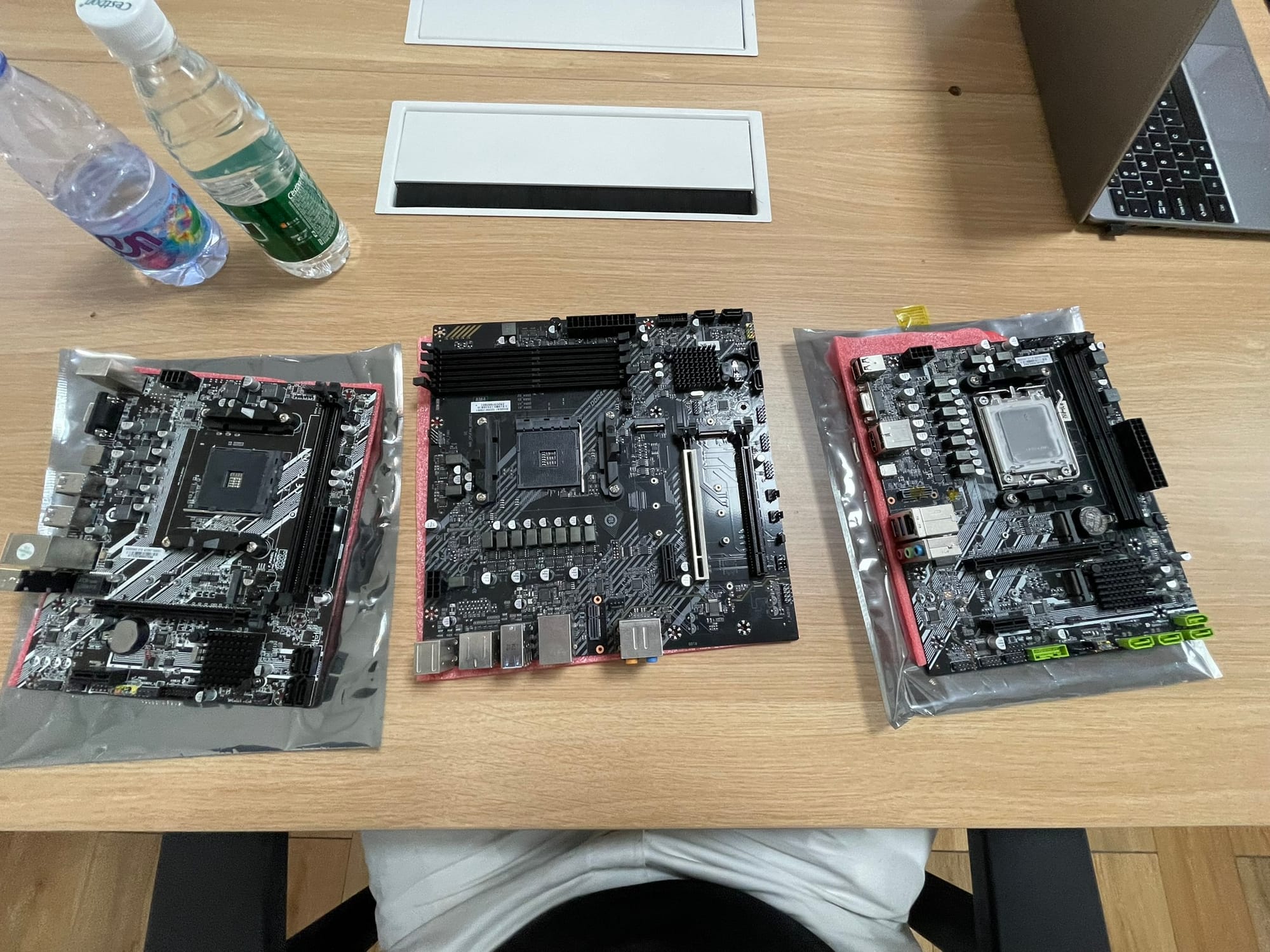
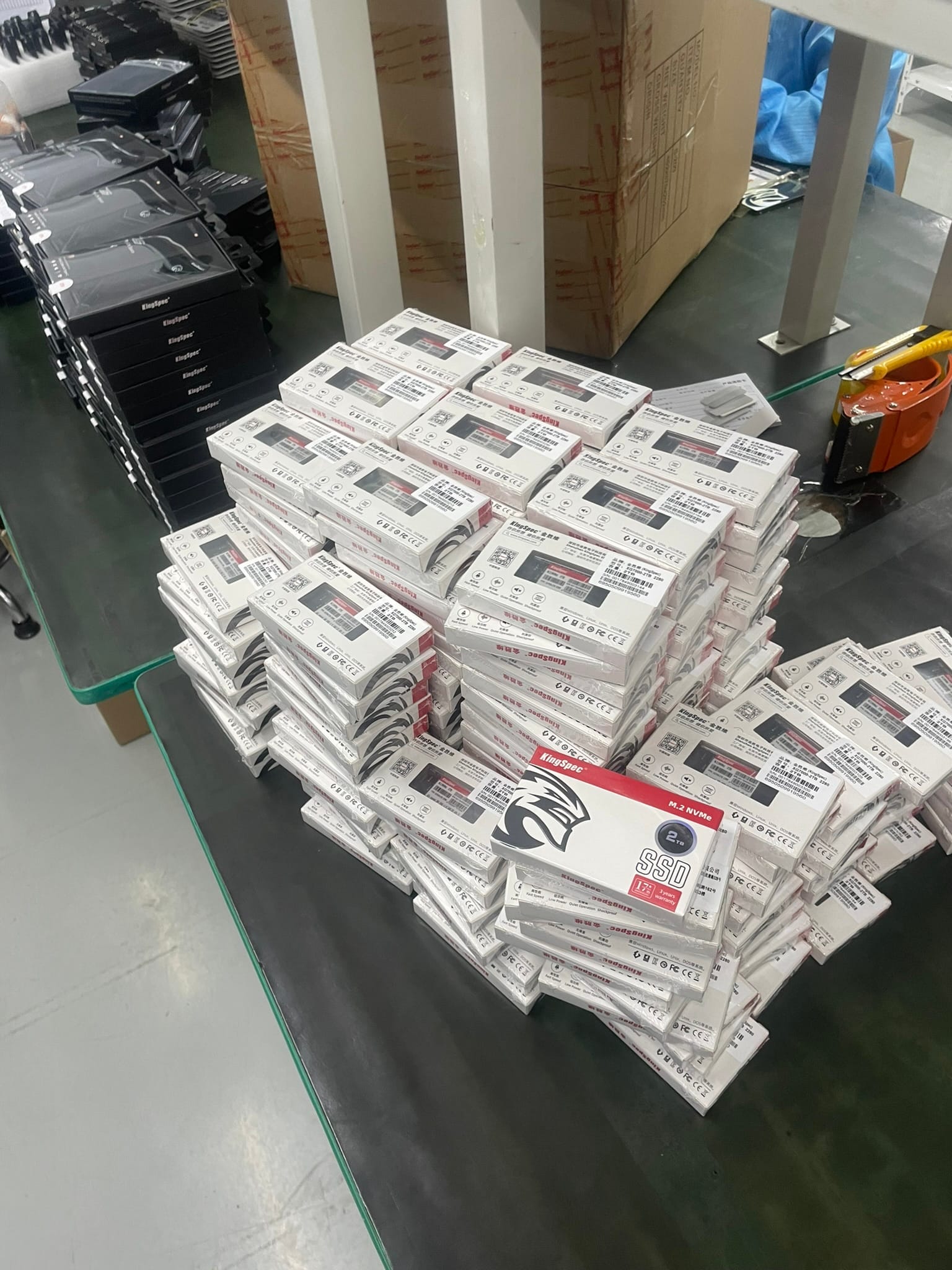
Various factories
5) Chinese Business Owners Are Resilient
Here, I share the story of Nico Zhao, co-founder of MeLE.
Nico's business started making car radios. Whilst he had some initial success, Nico wanted more, and so started making MP3 players with a screen, being one of a handful of companies to do so before Apple entered the space.
After Apple's dominance in the mobile MP3 player space, Nico pivoted, using the same hardware approach to manufacture set top boxes that could work across multiple providers. But one Christmas, delays in shipment meant that his products sat at Hong Kong airport, risking a sales impact if they did not make it to the UK in time. To fix this, Nico hired a commercial plane and shipped the products himself.
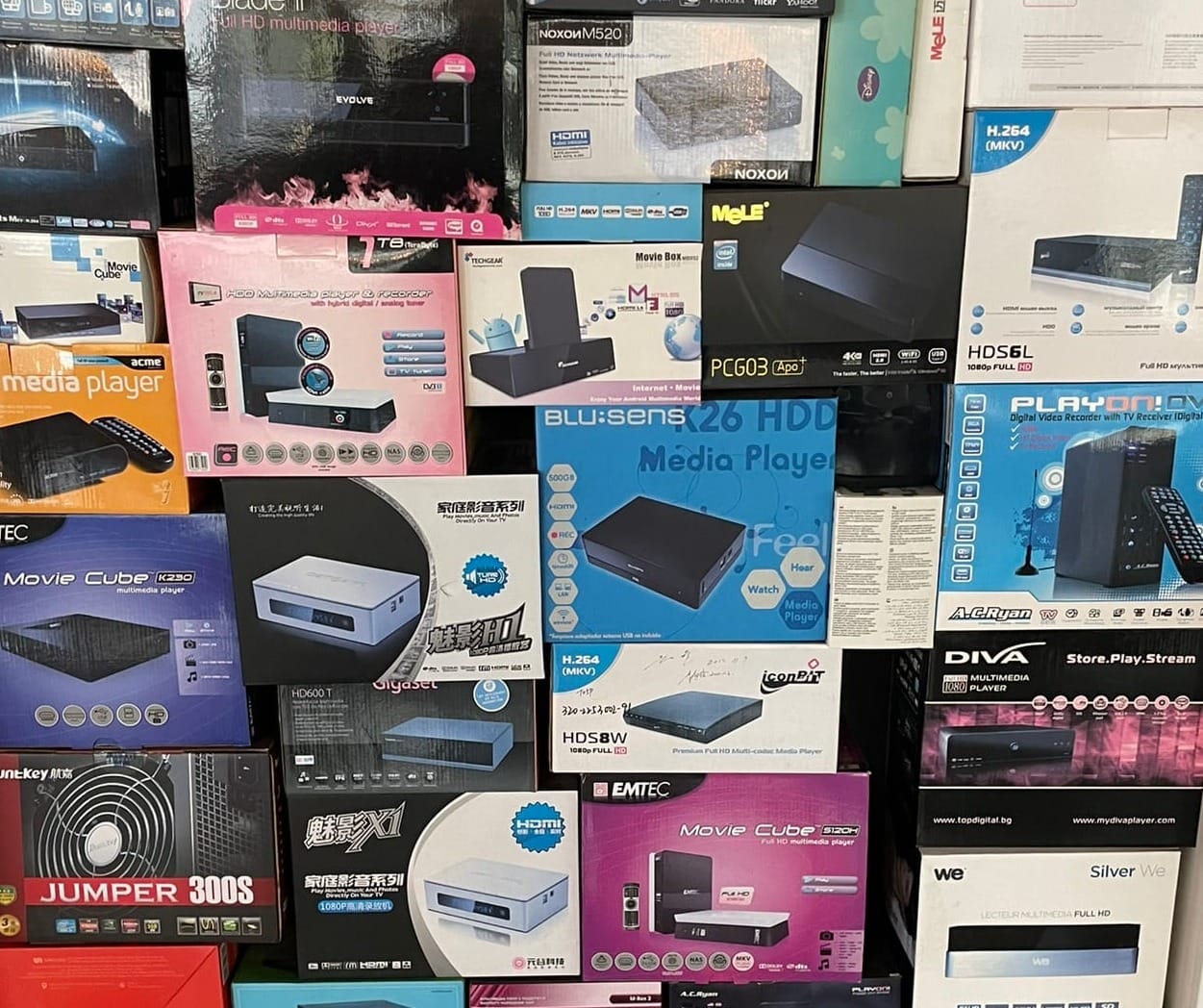
His set-top products were a hit, and sold internationally, with 100s of thousands shipped. But the story does not end there.
Nico had an interlude at university, and stepped aside from the business. Upon returning, the set-top box market was oversaturated and the business was nearly over. Using the same approach as before, Nico learned that Intel had made a new CPU that did not require active cooling. So Nico pivoted again, and launched a mini-PC brand.
The new brand was a hit, and again, sold 100s of thousands of units worldwide, through a network of agents, OEM orders, and wholesalers. But the impact of the Coronavirus decimated Nico's business, with exports globally declining across a variety of sectors.
To ensure the company's survival, and that of his workforce, Nico pivoted again, this time, to selling his products direct to consumers, on Amazon. Whilst things were tough at the start, with only a few hundred sold per month, Nico persevered, and through educational workshops, learned how to master selling on Amazon.
MeLE is now a MUSE Design Award winner with thousands of happy B2C customers.
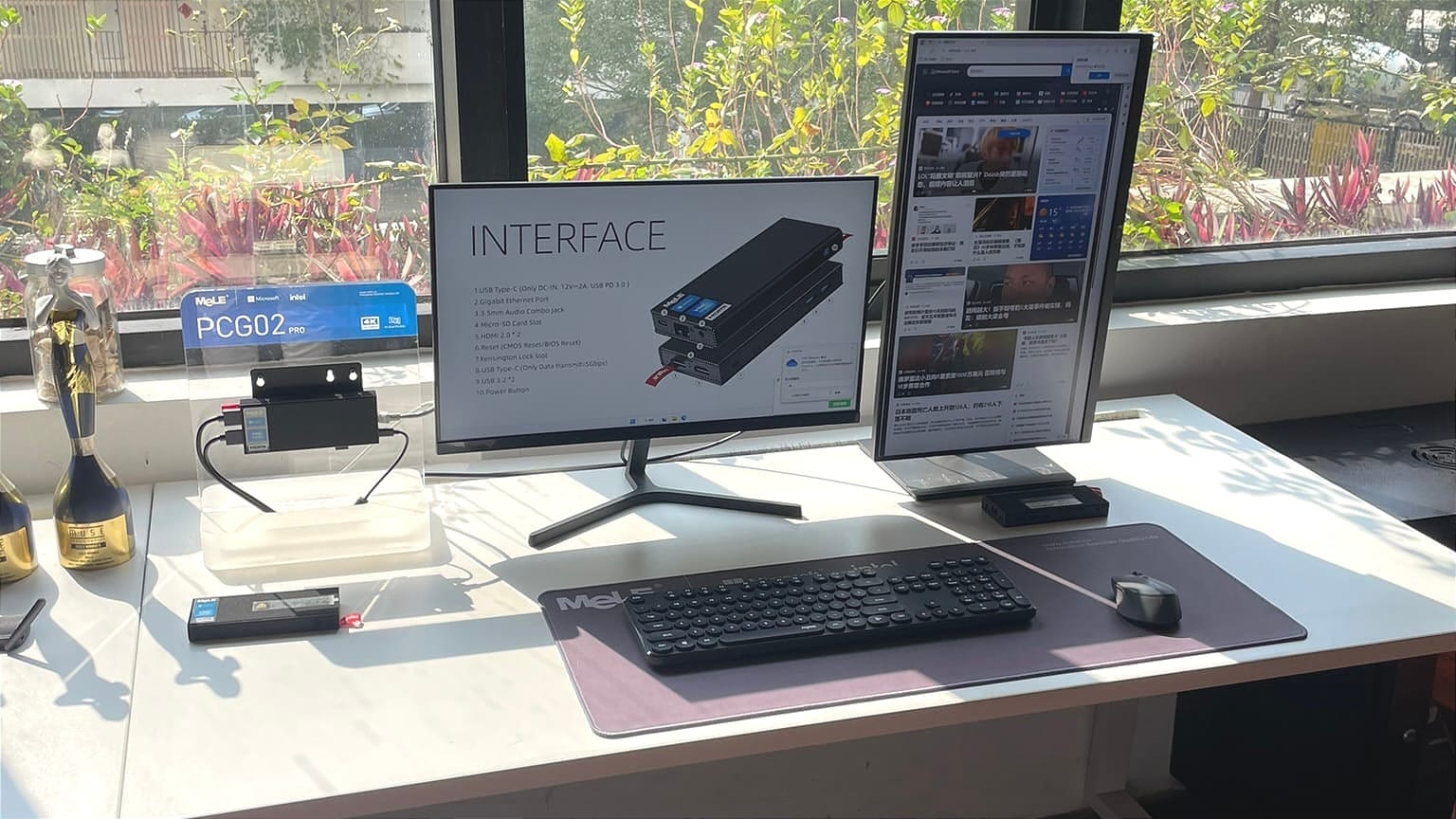
Computle delivers powerful workstations as a subscription service. Learn more about our offering at Computle.com.
Get updates:



